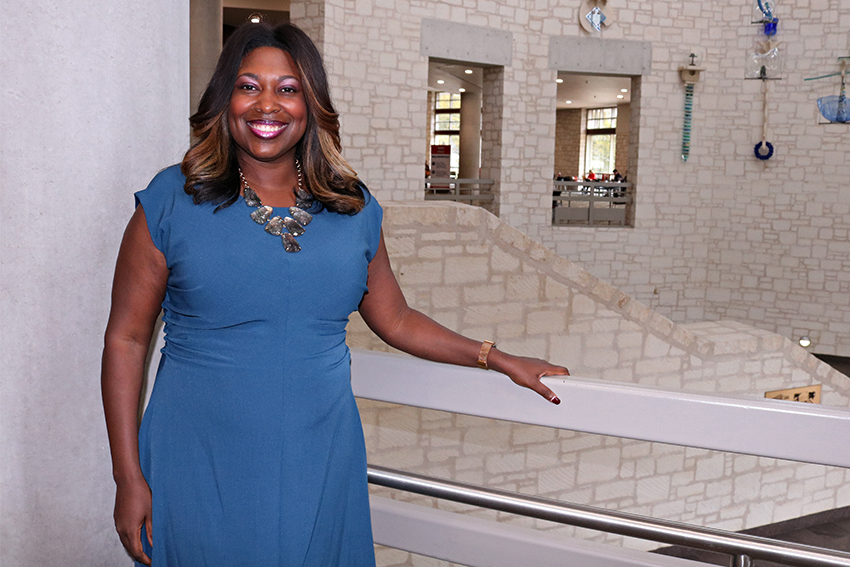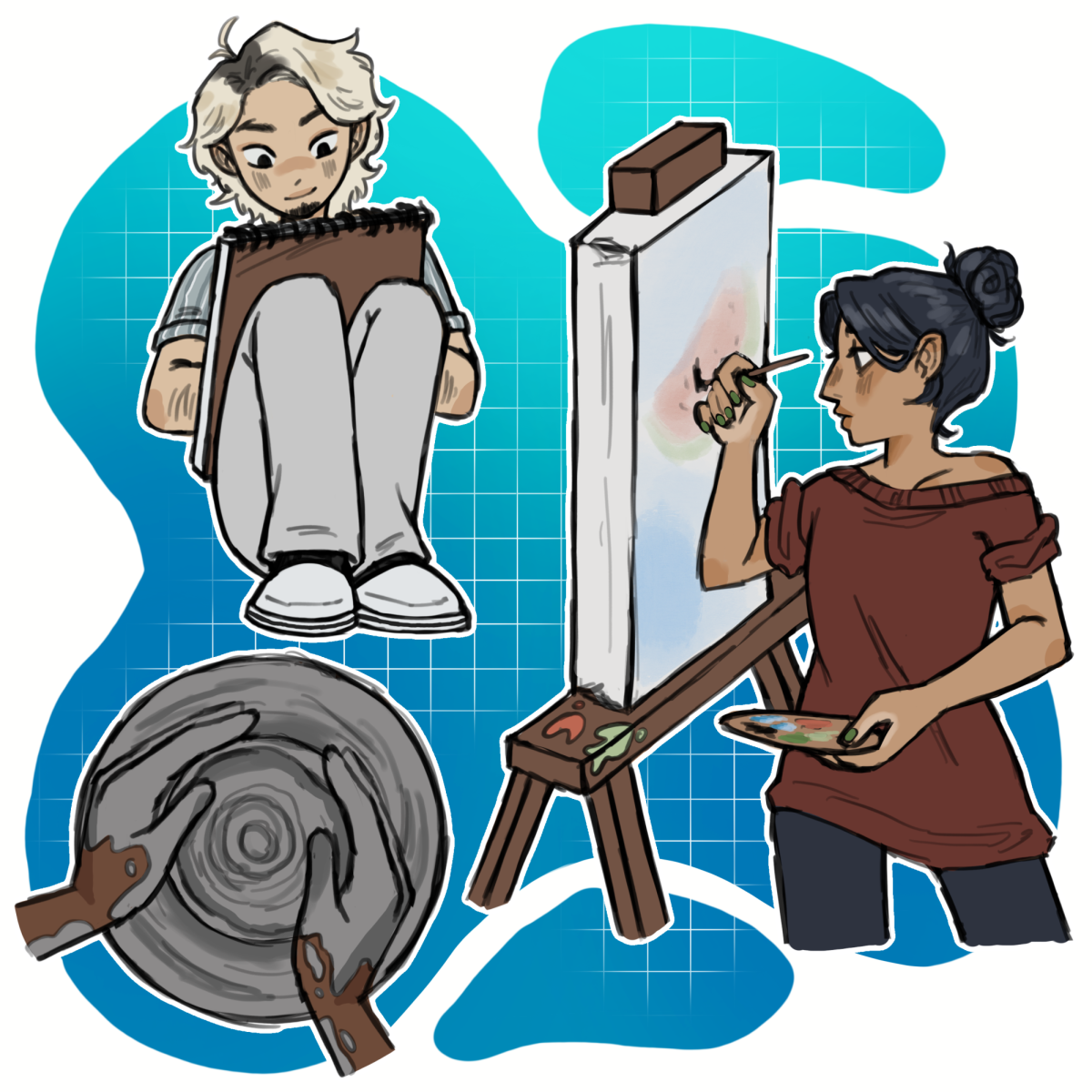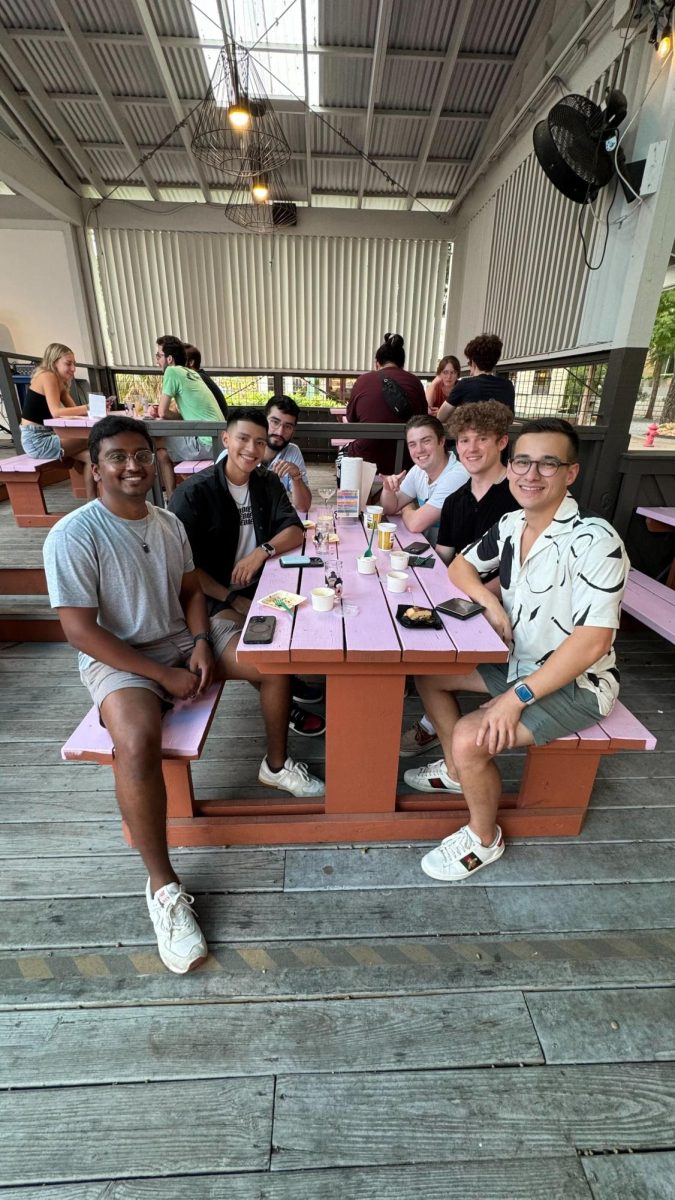According to management consulting company Accenture, 63 percent of male undergraduates adopt new technology early compared to 45 percent of undergraduate women. It’s disparities like these that UT marketing alumna and Austin Accenture Managing Director Tamara Fields is working to change.
Since becoming a part of Accenture in 1997, this Texas Conference for Women board member has used her business expertise and passion for helping others to bring more diversity and inclusion into technology’s male-dominated spaces.
The Daily Texan had a chance to speak with Fields about her inclusion efforts during this year’s Texas Conference for Women which took place at the Austin Convention Center on Friday, Nov. 9.
The Daily Texan: Accenture’s research discusses 40 factors that businesses should implement in order to improve their workplace. Which factors should we focus on first?
Tamara Fields: In the 40 factors, there are 14 cultural elements. Within those, one of them is bold leadership, and I like that the most. Sometimes, we think we’re being bold, but we’re not being bold. Bold leadership says that you’re going to stand up for what you believe, what you’re talking about, what you think needs to be a conversation. You’re not going to allow yourself to be silenced in a room or not heard in a room.
DT: What causes gender disparity?
TF: The first reason is “pipeline.” We have to increase the pipeline of how many women are in these STEM-related fields, but at the same time, we have to spike their interest earlier. Women are great at everything. What happens is that women aren’t exposed, so how do you know what you love if you’re not exposed to it? We need to expose our females to all fields so they can see all the areas of interest that they have and get them jazzed about these other interests because I think they would be surprised. The second issue is that we need companies to acknowledge that they need women in the workforce. The third thing is that some women self-select out. They feel that as they move up the chain, it’s hard for them to manage what they have to do at home and at work. We have to shift the accountability to both sides. They need to recognize that they have opportunities to do whatever they want, however they want, whenever they want. They have that power, they have that ability and it’s available to them, so they have to seize it.
DT: What steps can current students begin taking so we’re prepared upon graduation?
TF: You want to be in some type of leadership role in some sort of student organization. Learning how to do conflict resolution, how to influence people, how to drive people to a goal and to complete a goal and an action successfully — you’re going to do all that if you’re in a leadership role and strong student organization. The second would be practice, practice, practice. Students underestimate the time it takes to prepare an interview. Practice is exceptionally important around interviewing. Maintain a strong network while in school. You start creating a network today that’ll last tomorrow.
DT: What advice would you give to discouraged female undergraduates in STEM?
TF: It takes one to make a difference, and one becomes two, and two becomes three, and three becomes four. It takes just one, and her personal journey is hard, but she can do it. And she has to stay in it because it can change. Somebody will see her, and that will be encouraging to them. The other advice I would tell her is to know herself and not focus on what isn’t — focus on what is. Her “what is” is her. If you only focus on “I’m the only one,” that’s where your mind stays and it doesn’t make a change. If I focus on “I’m here, and I’m going to make a difference, and I’ll bring others along with me,” that’s what’ll happen.





















